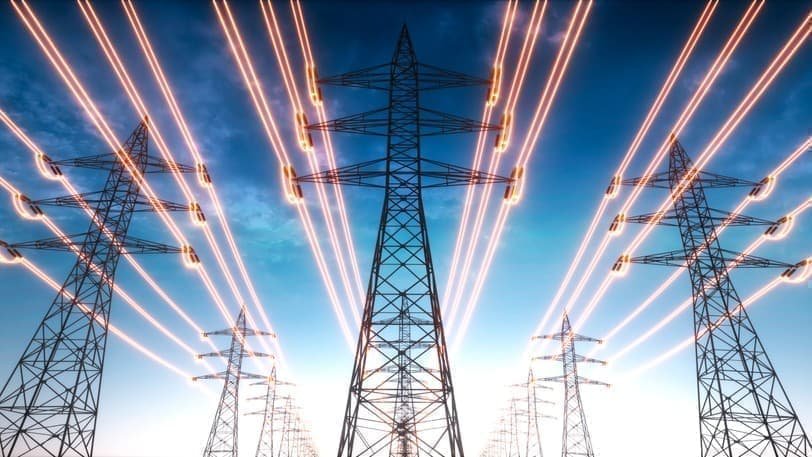JP Morgan has sounded the alarm, cautioning that the much-anticipated global energy transition away from hydrocarbons could face significant delays.
In a stark call for a reality check, JP Morgan has sounded the alarm, cautioning that the much-anticipated global energy transition away from hydrocarbons could face significant delays. Christyan Malek, the bank’s head of global energy strategy, emphasized that while the goal of achieving net zero emissions remains on the horizon, shifting variables demand a reassessment of timelines.
JP Morgan’s latest report, spearheaded by Malek, highlights a trifecta of challenges: rising inflation, escalating interest rates, and geopolitical tensions stemming from conflicts in regions like Ukraine and the Middle East. These factors collectively pose formidable hurdles to the transition towards renewable energy sources.
Malek, in an interview with the Financial Times, underscored the need to acknowledge the shifting landscape. He emphasized, “While the target to net zero is still some time away, we have to face up to the reality that the variables have changed.”
Coinciding with JP Morgan’s sobering assessment, a separate report by Reuters quoted analysts from Rystad Energy cautioning against the adverse impacts of surging interest rates on wind and solar energy projects. Vegard Wiik Vollset, Rystad Energy’s head of renewables and power, highlighted the vulnerability of renewable energy ventures to high-interest rates due to their capital-intensive nature.
Echoing similar concerns, Wood Mackenzie warned of the financial strain inflicted by elevated interest rates on wind and solar projects. A mere 2% increase in rates could inflate the levelized cost of electricity generated by these renewable sources by as much as 20%.
Malek further elaborated on the economic ramifications, emphasizing the macroeconomic shifts that are reshaping the energy landscape. He noted, “Interest rates are much higher. Government debt is significantly greater and the geopolitical landscape is structurally different. The $3tn to $4tn it will cost each year come in a different macro environment.”
Anticipating a tempered governmental commitment to the transition amidst financial constraints, Malek predicts a potential slowdown in efforts to replace oil and gas with renewables. The Financial Times highlighted a recent instance wherein the Scottish parliament retreated from its ambitious target of achieving a 75% reduction in emissions by 2030, citing feasibility challenges.
As the world grapples with inflationary pressures, soaring interest rates, and geopolitical strife, the envisioned global energy transition faces formidable headwinds. JP Morgan’s cautionary stance underscores the imperative for stakeholders to recalibrate expectations and strategies in navigating these turbulent times.
